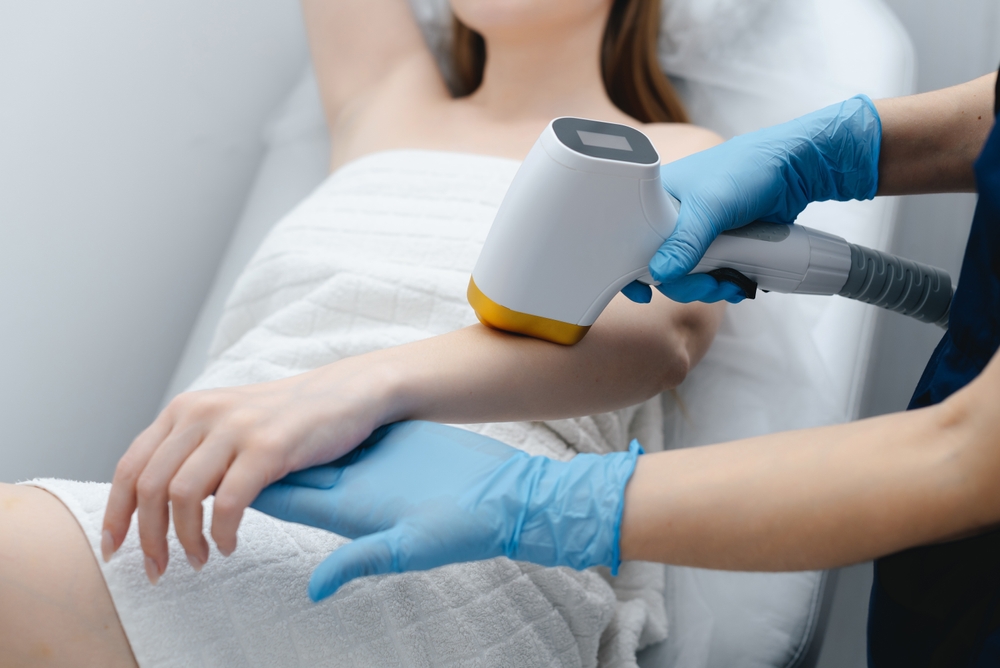Nursing Training in Germany: Discover Career Paths in Healthcare
For individuals living in Germany who speak English or German, nursing training offers strong career prospects in the healthcare field. Programs such as Pflegeausbildung combine theoretical education with practical experience, preparing future nurses with the skills needed to work in hospitals, clinics, and care facilities throughout Germany.

Germany prepares nurses through a dual approach that combines theory at vocational schools with hands-on rotations in hospitals, long-term care facilities, and community services. Since reforms introduced generalist training, learners gain broad competence across age groups and care settings, building skills in assessment, communication, documentation, and teamwork. Graduates can work in diverse environments, including acute wards, rehabilitation, home care, and local services in your area.
What does a nursing training program include?
A nursing training program in Germany is typically structured over multiple years with alternating blocks of school-based instruction and clinical placements. Learners study anatomy and physiology, pharmacology basics, hygiene, infection control, ethics, and evidence-informed practice. Practical rotations cover internal medicine, surgery, geriatrics, pediatrics, psychiatry, outpatient care, and rehabilitation. This mix helps students understand patient journeys, interprofessional collaboration, and how to document care safely and consistently.
Entry usually requires secondary education, health suitability, and proof of language proficiency, commonly at an upper-intermediate level for direct patient interaction. Many schools and employers expect a recognized B2 certificate in German for fully qualified tracks. Throughout the program, trainees receive supervision from registered nurses and educators, with assessments that test clinical reasoning, patient communication, and adherence to legal standards for documentation and privacy.
How does a nursing assistant training program differ?
A nursing assistant training program focuses on foundational support tasks that keep care settings running smoothly. The curriculum emphasizes everyday assistance: mobility, hygiene, nutrition, vital signs, bed-making, pressure injury prevention, and safe handling techniques. Classroom content is lighter than the generalist route, but still prioritizes patient dignity, communication, and basic documentation. Clinical practice places assistants alongside registered nurses to reinforce routines and learn safe workflows.
Typical entry requirements are more flexible than for fully qualified nursing, and language expectations may be set around intermediate levels, depending on the provider and state regulations. Assistants work under the direction of registered nurses, playing a crucial role in daily care delivery and continuity. Many people use this pathway to gain experience, improve language skills, and later apply to the generalist program with a clearer understanding of the profession.
Is a nursing aide training program right for you?
A nursing aide training program can be a good match if you are exploring healthcare for the first time, changing careers, or returning to work. It offers a shorter route to employment in care environments, helping you build confidence with patients while learning core safety principles. You will practice observation, communication, and reporting so that the care team can respond quickly to changes in a patient’s condition.
Consider your long-term goals. If you plan to specialize later in intensive care, pediatrics, or psychiatric nursing, starting as an aide or assistant can provide immediate exposure and income while you evaluate the next steps. If you already meet the academic and language requirements, the generalist track may better align with advanced responsibilities such as care planning, complex wound care, medication processes under supervision, and coordination with physicians and therapists.
Progression and specialization
Germany’s generalist route enables later specialization without repeating foundational coursework. After qualifying, many nurses pursue additional certificates or advanced study in areas such as emergency care, oncology, intensive care, anesthesia assistance, palliative care, or community nursing. Employers often support continuing education because specialized skills improve outcomes and patient experience across the system.
For internationally educated applicants, state-level recognition processes assess equivalency and may require adaptation periods or supplementary modules. Language remains central to safe practice: patient education, documentation, and teamwork rely on clear, precise communication. Building vocabulary specific to your target setting—surgery, geriatrics, or mental health—can make clinical placements smoother and improve employment prospects in hospitals and local services.
Daily work and training realities
Across all routes, the schedule can include early, late, night, weekend, and holiday shifts. Clinical placements expose learners to team-based workflows, electronic documentation, hygiene audits, and safety drills. Trainees receive structured supervision and feedback, gradually taking on more responsibility as they demonstrate competence. Many employers provide an apprenticeship-style allowance during training, and schools coordinate rotation plans to ensure exposure to different patient groups and care models.
Soft skills are as important as technical abilities. Empathy, resilience, situational awareness, and clear communication help de-escalate stressful moments and support patient autonomy. Reflective practice—discussing cases with mentors, keeping learning journals, and reviewing guidelines—strengthens clinical judgment and prevents burnout. These habits make a noticeable difference in patient safety, interdisciplinary trust, and your long-term satisfaction in the profession.
Getting started: practical steps
- Research accredited schools and employers offering integrated training cohorts. Look for clear rotation plans and support for language development.
- Prepare documents: educational certificates, health clearance, CV, and language proof aligned with program requirements.
- Strengthen language skills with healthcare-specific vocabulary, focusing on patient conversations, shift handovers, and documentation phrasing.
- Explore support services in your area, including mentorship programs, language courses, and community groups that help newcomers integrate into training and work environments.
Conclusion Nursing education in Germany blends classroom learning with extensive clinical practice to build safe, compassionate professionals. Whether you choose the generalist route or begin as an assistant or aide, the system offers structured progression, varied care settings, and opportunities to specialize. With strong language skills, consistent practice, and a commitment to patient dignity, you can develop a rewarding career in healthcare.
This article is for informational purposes only and should not be considered medical advice. Please consult a qualified healthcare professional for personalized guidance and treatment.




